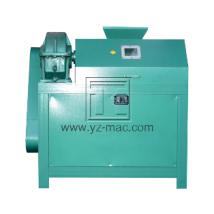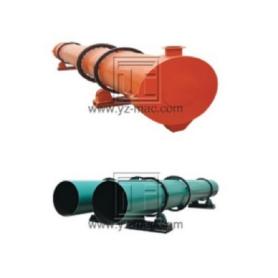Organic Fertilizer Mill
An organic fertilizer mill is a facility that processes organic materials such as plant waste, animal manure, and food waste into organic fertilizers. The process involves grinding, mixing, and composting the organic materials to produce a high-quality fertilizer that is rich in nutrients such as nitrogen, phosphorus, and potassium.
Organic fertilizers are an environmentally friendly alternative to chemical fertilizers that are commonly used in agriculture. They improve soil health, promote plant growth, and reduce the risk of groundwater pollution. Organic fertilizer mills play a crucial role in promoting sustainable agriculture by converting organic waste into a valuable resource for farmers.
The production process of organic fertilizers in a mill typically involves the following steps:
1.Collection of organic materials: Organic materials are collected from various sources such as farms, food processing plants, and households.
2.Grinding: The organic materials are ground into small pieces using a grinder or shredder.
3.Mixing: The ground materials are mixed with water and other additives such as lime and microbial inoculants to promote composting.
4.Composting: The mixed materials are composted for several weeks or months to allow the organic matter to decompose and produce a nutrient-rich fertilizer.
Drying and packaging: The finished fertilizer is dried and packaged for distribution to farmers.
Overall, organic fertilizer mills are an important part of the agriculture industry and are essential for promoting sustainable farming practices.








